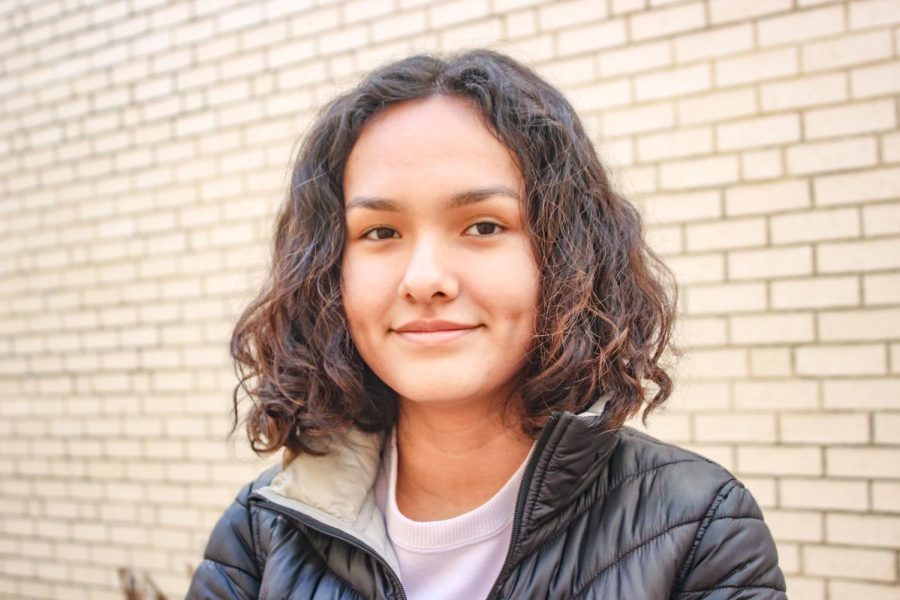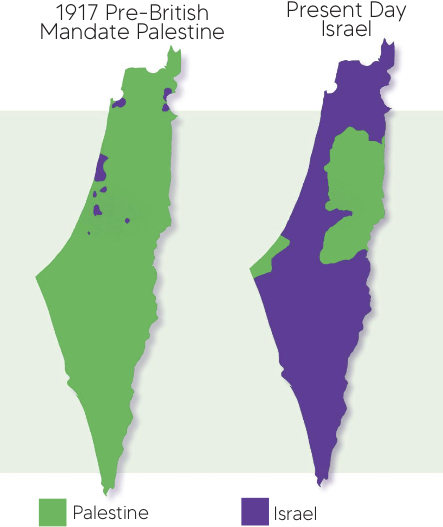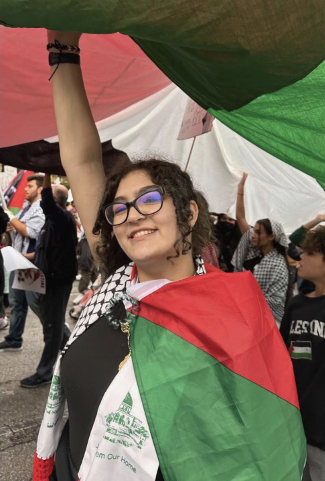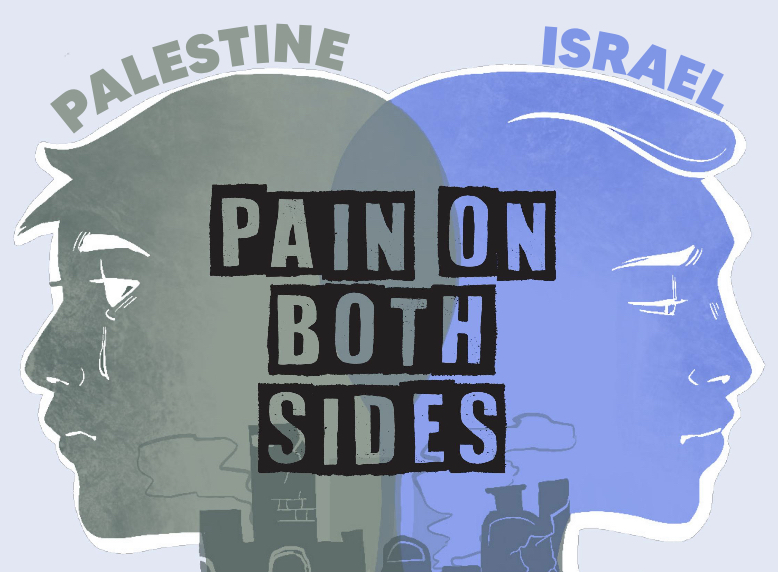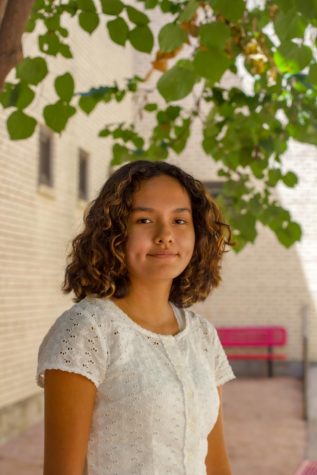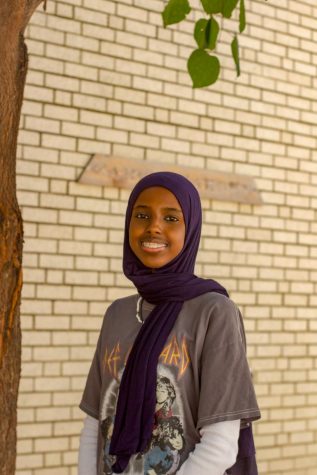Editor’s note: This column was finalist for commentary in the 2022 Dallas Morning News high school journalism contest.
Last summer, I traveled to Mexico City to visit my extended family. I had not seen most of my relatives since I was 12. When I was waiting in line to board the airplane, I remember being a child sitting on a couch in the living room watching Mexican soap operas. I would spend hours seeing them, excited to experience a life that was different from mine.
One night, I saw 70 people gathered together for a birthday party encircling a blindfolded child trying to break a piñata. The family members would yell at the child “you can do it” or “oh you were so close, try again.” Their encouraging words excited the child and eventually he would hit the pinata until it fell to the ground and pieces of candy covered the floor. Other children would come running to collect the scattered candy.
Soon enough, I was no longer sitting on the couch. I imagined myself at the park holding a stick in my hand breaking the pinata to bits. My daydream was interrupted when I realized the line of people had advanced. I walked onto the plane and I held on to the thought that I could have what the boy did a large family that loved and accepted him.
When I arrived at my aunt’s house, where I would be staying for the next month, I didn’t feel like the little boy. Instead I felt out of place, like a zoo animal people stopped to stare at.
During my visit, my aunt organized a lunch and almost everyone from my dad’s side came. The older women were in charge of the cooking. They spent all afternoon in the kitchen preparing rice, plantains and mole a sweet and tangy brown chocolate sauce. I appreciated their efforts to make me feel welcome, but the food wasn’t going to make up for the lost time.
When everyone arrived, we sat down to eat and the adults asked me questions. They were curious to know what my life was like in the United States. I was self-conscious about the way I pronounced words when I responded to their questions. To make matters worse, one of my uncle’s told me that I had an American accent. I know I have an accent when speaking Spanish, but I just wished he had not rubbed salt in the already festering wound.
After lunch, everyone stayed at the dining table. My family talked about the memories they had shared together, which I had not been a part of, in a language I did not fully understand.
Their smiles and reverberating laughter made me yearn to share their happiness, but I could not because I had spent all these years a thousand miles away living my own life completely separate from theirs. We were strangers. I was with them physically but not spiritually. I felt myself disappear from the room slowly and become a ghost who could slip away at any moment and nobody would notice.
I had the same issue with my cousins. Trying to get close to them was not easy. My cousin Rebecca told me, “You are not Mexican. You are a Gringa.” I never understood why she told me that or why it bothered her so much that I was from another country. The gap between us widened further. We were on opposite islands. Mine was less colorful and cheery. Her’s was filled with liveliness, music that made you want to get up and dance, and food that filled your heart.
After this experience, I realized even though I share my family’s blood and last name, we are not the same: I am American. This was clear. And I may not have what the little boy at the park did, but I am glad that I was born where I was, although knowing I could have had a large family had things been different has left me with a void that cannot be filled.




